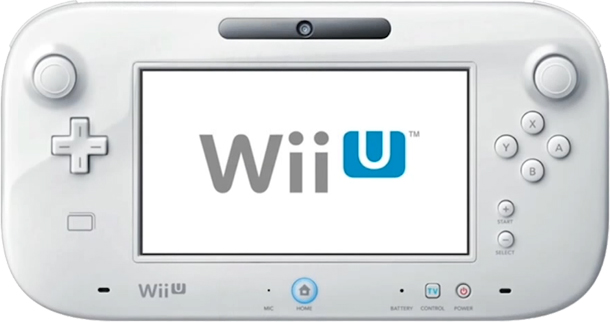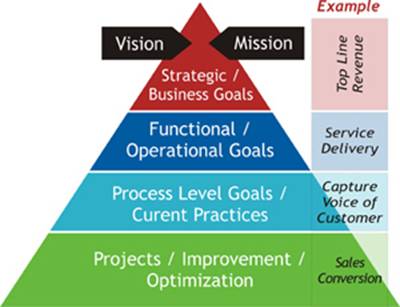The battle between internet TV and cable TV has been in the making for several years. As internet speeds rise higher and higher, more people than ever before are given access to a greater variety of online content. Finding the fastest internet has become more and more competitive between providers.
Cable companies have largely dispelled rumors that the internet would soon eclipse cable providers in providing content. However, a recent proposed merger between Comcast and Time Warner Cable suggests both companies know a takeover is in the works, and they are working diligently to prepare themselves for the eventual complete merger between online television and cable TV.
Comcast/Time Warner Merger
Comcast began filings with the FCC for a $45 billion stock deal in February. The deal, if it is approved, will extend Comcast’s reach to more cities than any other cable provider. If the merger is accepted Comcast will have about 33 million subscribers. Such a large pool of subscribers will give Comcast greater negotiating power with Netflix, Amazon Prime Streaming, and Hulu Plus (already part owner through NBC Universal) , the three giants in online TV access. Apple TV is in the mix there, as well, and Comcast has been in discussions with that company, too.
It’s possible; Comcast will impose their data cap on their new subscribers, as well. Currently, Comcast subscribers are held to a data cap each month, when they reach the cap, their data speeds are throttled, making the internet, in many cases, painfully slow. This could put the kibosh on the growing trend on online TV and content. By limiting the data that can be utilized, specifically in the home, the company is essentially ensuring all subscribers remain loyal cable subscribers as well. The data cap makes regular streaming uncomfortable after a point.
There is no word on when such a merger would be completed, but it could be a mixed bag for online TV enthusiasts. Currently the FCC has looked disparagingly on the merger, which, could be considered an attempt to monopolize the cable access arena. While it is true that the majority of subscribers have one or more cable option in their area, the merger between Comcast and Time Warner, would ensure Comcast’s reach is the greatest, and would account for nearly a third of all cable subscriptions.
Clearly, a third is not a monopoly, though it would be in some areas.
The news of a potential merger also comes on the heels of the introduction of Amazon Fire TV, Chromecast, and the rumored news of an overhaul to Apple TV, Apple’s current internet television offering.
The Battle Between the Internet and Cable
Internet and cable providers have been battling it out for nearly a decade, in various ways. The internet has given rise to greater content, and the introduction of streaming services into the mainstream population, has been directly correlated to a decline in cable subscribers. Many networks have taken the change in stride, and have moved to a platform that allows consumers greater access to content.
Many channels are now offering online videos, full episodes, and even exclusive “webisode” content. While these channels are trading paying subscribers for a larger pool of consumers, they are making their loss up in advertising and embedded videos. Cable providers cannot say the same thing. With every lost subscriber they are losing money, so companies that provide both have a strong business model.
Whether or not internet TV and cable TV will merge completely one day remains to be seen. As a whole, it is hard to say whether the cable TV providers will simply fade away or if they will find a way to stay afloat among the influx of internet television providers and content. Recent mergers, however, are a way for cable companies to future-proof themselves for the inevitable.
What can be said for certain is that consumers are looking for new and different ways to consume content, and the internet is giving them exactly what they want.




